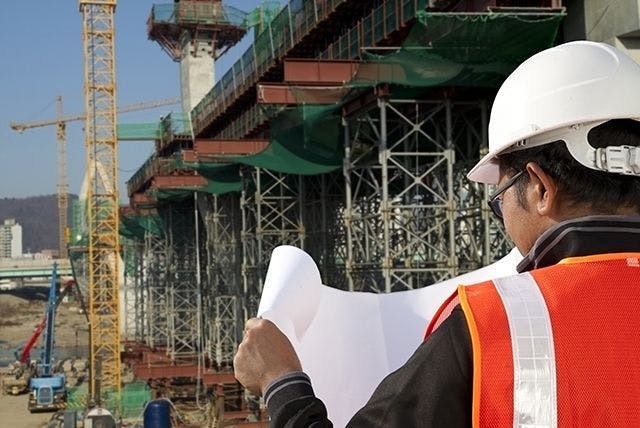
Top Two Reasons Construction Projects Exceed Costs and Time
Staying on budget and schedule is a front-and-center priority for any project team and ultimately how performance is evaluated. While there are many tools to control projects, having the best controls doesn’t matter if the job is destined, from its inception, to fall behind on schedule and cost more than expected. There are two reasons this occurs, each with its own cure.
1. Unclear Scope
The first reason is that the scope of work (SOW) isn’t crystal clear to all parties before contracts are signed and work begins. When a missed or under-fulfilled expectation shows up on a project, it can often be traced to gaps in the SOW. These gaps cause work to halt and the team to question next moves. Unless the gaps are resolved immediately, they quickly lead to delays in the schedule and initiate rising costs for all parties on the project.
Most gaps in the SOW can be cured simply by de-scoping the work in a collaborative preparatory phase before contracts are signed. De-scoping is a bilateral process and literally means questioning everything in the contract and specifically calling out what is included and excluded in the SOW.
Rather than generating a list of de-scope questions for every project, it is easier to reference an ever-growing template of de-scoping questions for your specific types of work. The template should include questions that the contractor should ask its customer, as well as questions the customer should ask the contractor.
For example, an excavation contractor (or the general contractor or owner hiring the excavation contractor) may have the following questions on their “excavation de-scope” template.
- Who will verify if soils cut from one area of the site, destined to be structural fill at another area, are suitable?
- If soils are unsuitable and over-excavation or off-site disposal is required, how will it be measured and paid?
- Who will maintain site access roads and to what frequency and specifications?
Record the answers to the de-scope questions, get each party to acknowledge acceptance of the answers and make this a supplemental document to the contract. While the process is tedious and likely hurried because the job “must” get started, the cost and risk of delay in addressing gaps in the SOW now is far less than when the job is underway.
2. Accepting Too Much Work
The second reason projects are destined to fall behind schedule or cost more than expected occurs when companies take on work that doesn’t match their skill set or they don’t have the staff to execute the project. Fortunately, when work is plentiful, contractors are more likely turn down projects that don’t align well with their current operations. Finding the right people is hard enough these days, let alone when under pressure to start a new project when your staff is already committed elsewhere.
The cure here is simple: avoid these projects. Saying no to projects that are not in the contractor's skill set or that can’t be properly staffed also enables success on existing projects because resources can remain focused, rather than trying to cover too much.
The process of mapping out a clear scope of work and saying no to new work (especially if the work is for a long-term customer) is easier said than done. Both practices should become best practices and will take time to develop. Busy times in the industry are great, but it’s important to continue training, perform well on projects already on the books and plan for harder times to come. Success in keeping projects on schedule and on budget manifests itself on the jobsite, but employing these best practices long before getting to the jobsite will ensure that success every time.
Related stories








